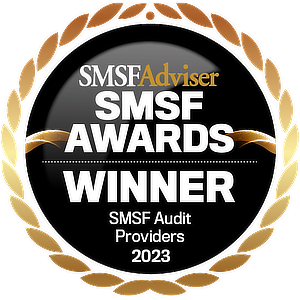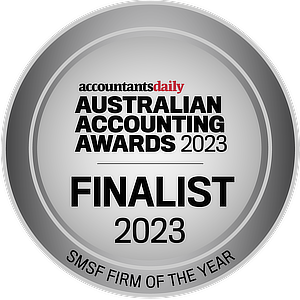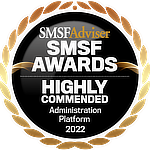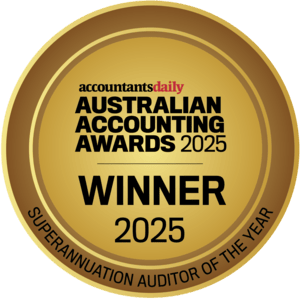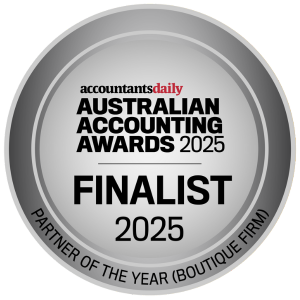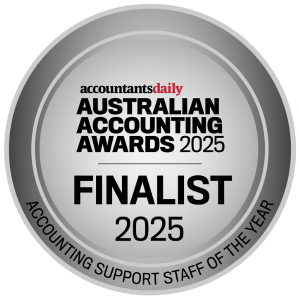If “you play lousy games, you win lousy prizes”. And having a multimillion-dollar Notice of Claim land in your firm’s letterbox from a long-forgotten SMSF client is the lousiest of prizes.
After many decades grappling with SMSFs, someone, somewhere within the legal fraternity, decided a few years ago that I might actually be an “expert” and therefore of possible use as an SMSF expert witness. Having now been involved with several SMSF-related legal matters, I have noticed a pattern of behaviour by the accountants and auditors whose work was now being heavily scrutinised as a central part of some legal dispute.
Although each case has its own quirks, one glaring, and yet surprising, pattern consistently ran through all of them.
Namely, there’s a seeming lack of appreciation by the accountant and especially the auditor that they just, possibly, might get sued by their client, often many years after the engagement. This may seem like an odd observation to make as all accountants “know” that the possibility exists.
However, there is a difference between being aware of such a risk in a loose, theoretical sense and keeping it firmly in mind when preparing or auditing a set of SMSF financial statements.
Upon reflection, it is not hard to see how this mindset could have come about. Increasingly, there has been a constant stream of pronouncements, new interpretations and rulings flowing from the regulator on matters related to compliance with the SIS Act, typically magnified by multiple of articles and discussions within our industry.
This has effectively pushed SIS Act adherence, and ATO concerns to the front of mind for most SMSF professionals, such that the equally important focus on financial statement misstatement and potential litigation risk has been neglected if not outright ignored.
Furthermore, many practitioners have never experienced the trauma, disruption and cost of a client initiating legal action against them. Nor are they aware of the multitudes of SMSF cases that have been launched against accountants and auditors over the years.
While some cases have made their way through the courts and are therefore in the public domain, a vastly greater number are settled beforehand and effectively hidden from the industry, including all the ones I was involved in. The end result is SMSF professionals who simply don’t appreciate how easily they can be targeted nor how financially damaging this can be.
All it takes is one disgruntled SMSF trustee with a failed investment to thoroughly wreck the day of an SMSF auditor or accountant, even if the engagement was a decade beforehand.
The lack of focus on litigation risk by accountants and auditors manifested in multiple of ways, including the following
1. Poor workpaper documentation: A common thread was the lack of supporting documentation for a fund’s investments, especially for those more unusual assets such as unlisted trusts, private companies, mortgage loans and mezzanine finance. Not only was the trustee or accountant’s estimate of the investment’s value simply accepted without query (usually just cost), but the actual investigation of the underlying entity was minimal at best, if not entirely non-existent.
They simply took the trustee at their word. What’s worse was that this substandard approach did not seem to change with the materiality or dollar value of the investment — they were all essentially just “waved through” without scrutiny even if the investment value exceeded $1 million.
Unfortunately, the collapse of an unlisted or unusual investment typically created the catalyst for legal action. It is also worth noting that such poor audit documentation would no doubt also attract the ire of the ATO.
2. Misclassification of investments: I also observed that with regard to the classification of unusual investments, the SMSF professionals involved seemed to be relying on the schoolyard logic of “near enough is good enough” or not wanting the “hassle” of redoing the accounts for what was perceived to be just a grammatical error.
Unfortunately, the courts aren’t so forgiving, much to the advantage of a litigious trustee. I have seen high-risk mezzanine finance listed as “Fixed Interest” or “Term Deposits”, unlisted trusts engaged in property development as “Managed Funds” and speculative and volatile option trading recorded as a “Portfolio Investment” and even “Cash”.
3. Not explicitly limiting the audit scope: In all the matters I reviewed, the auditors did not limit the scope of their audits or even draw attention to the risks associated with any non-standard investments. Presumably, they thought it obvious to all parties that they were not auditing the unit trust running the property development, nor the lender in a mortgage loan situation.
Therefore, the possibility that the financials could be misstated was not conveyed in any form, and for whatever reason, they simply used the standard unqualified audit templates.
It has become a core part of our own audit practice to always explicitly point these risks out to trustees in both the audit opinion (Part A Emphasis of Matter) and in the management letter.
In extreme cases, this might escalate to a full Part A qualification where the significance of an unusual investment to the fund is considerable. While I don’t believe this protection provides complete certainty and protection, it does create legal difficulties for a trustee attempting to shift their own poor investment decisions onto their auditor.
Hopefully, this article will have some success in dragging the ever-encumbered minds of my SMSF colleagues back to the inherent litigation risks of SMSF engagements. Every single SMSF audit undertaken has the potential to become a costly time bomb, ticking away until it explodes many years in the future. Fortunately, a small degree of awareness, documentation and reporting can significantly lower this risk. And to misquote the youth of today, “you play lousy games, you win lousy prizes”. And having a multimillion-dollar Notice of Claim land in your firm’s letterbox from a long-forgotten SMSF client is the lousiest of prizes.

